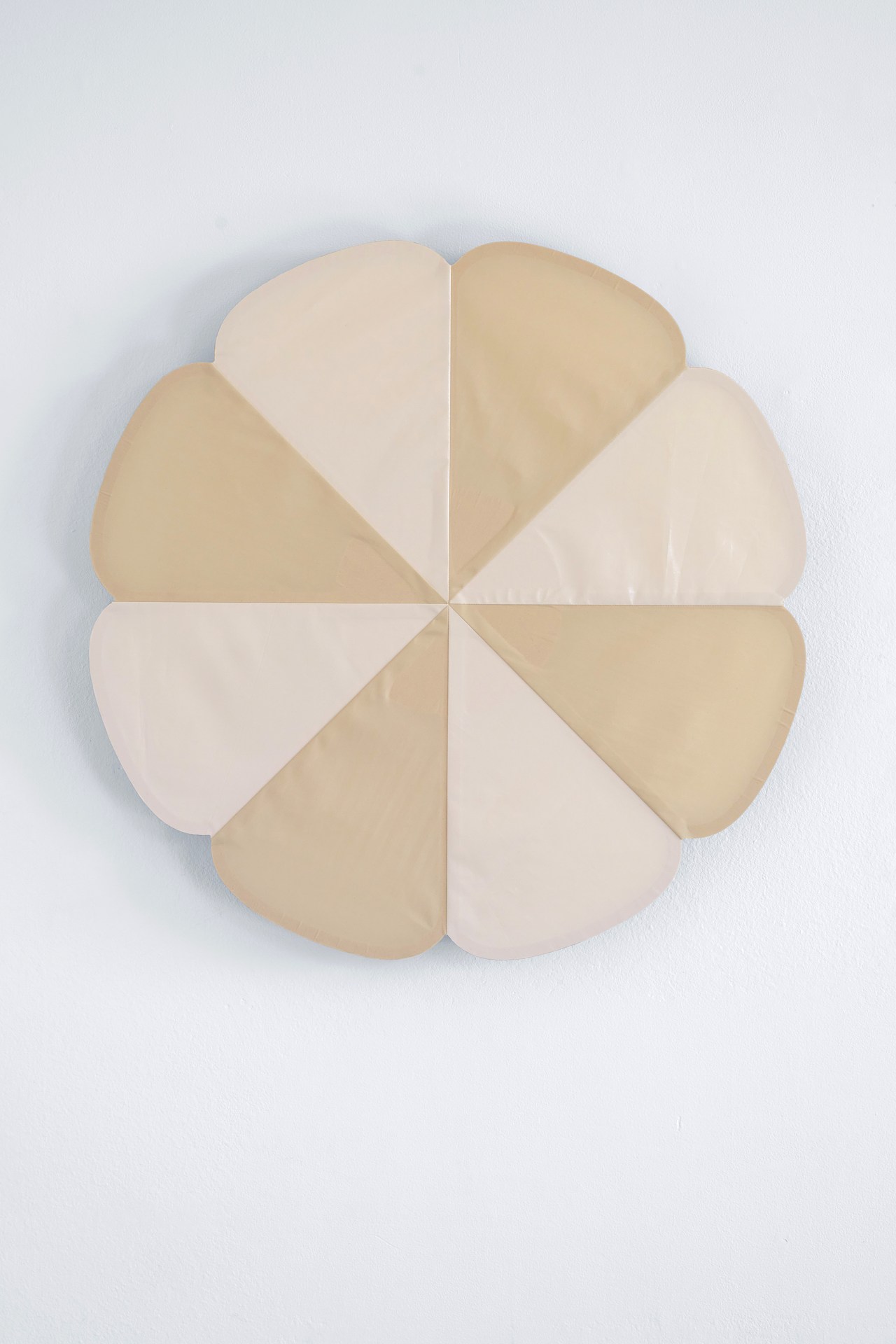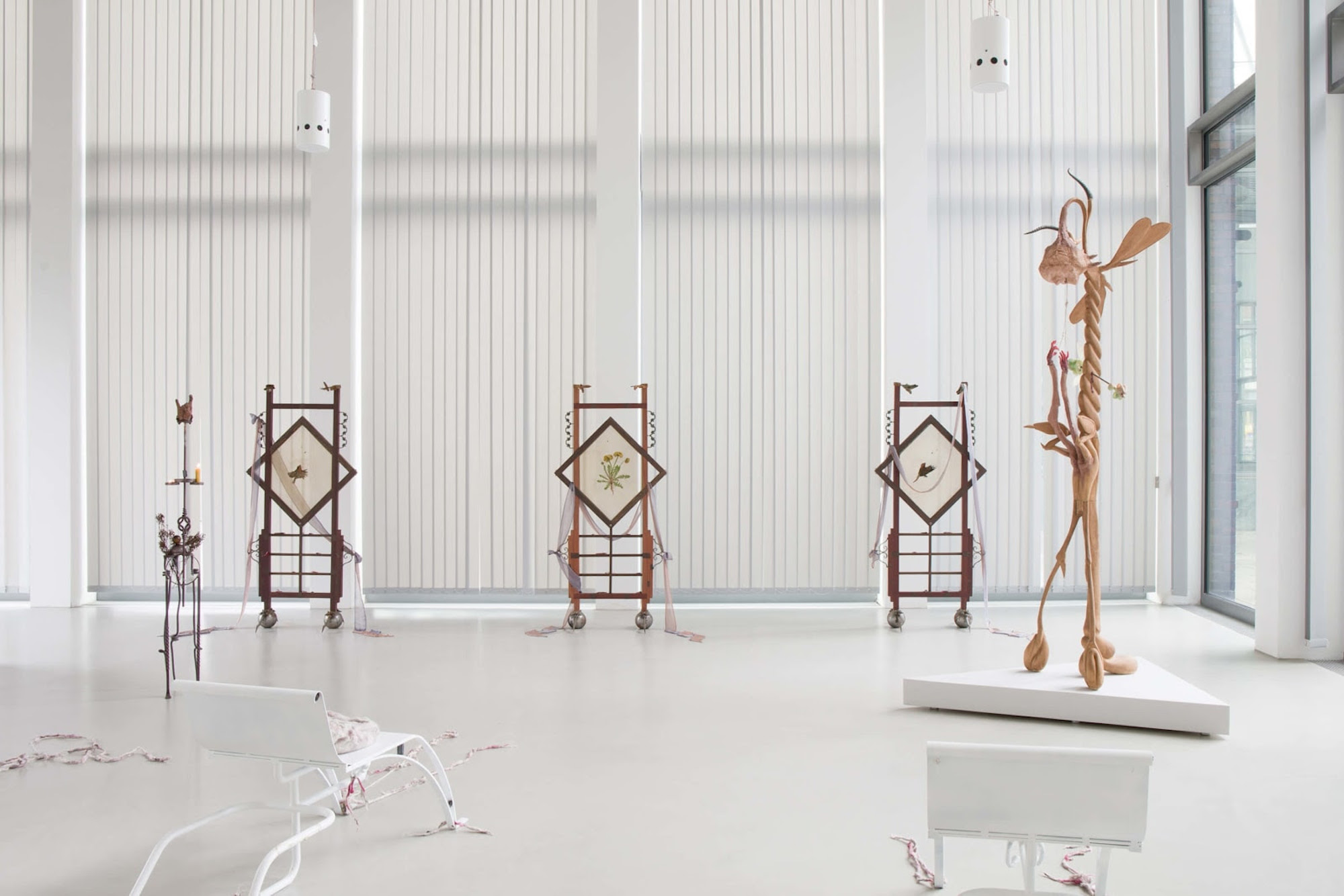Maaike and John
2013 - Painting (Painting)
Maaike Schoorel
Based on photographs and domestic environments, Maaike Schoorel’s paintings are charged with an atmosphere of melancholy and loss. In her paintings images emerge slowly. Her figurative paintings appear faded or bleached with brush strokes that suggest outlines and restrained marks that imply areas of colour or shadow. The viewer must participate in the paintings, employing a particular way of looking that allows the images to unravel slowly over time. The spaces they provide are not only physical, but also conceptual – the freedom to find pleasure in their beauty, or to find consolation in the way in which they transform memory from an image of yesterday into a fresh, present-day experience.
Colors:
Related works of genres: » dutch contemporary artists
» see more

© » KADIST
Jonas Staal
2008Jonas Staal’s installation is based on the thesis written by Fleur Agema and titled “Closed Architecture”...
Other related works, blended automatically
» see more

© » KADIST
Maaike Schoorel
2009This is one of the most important works Schoorel has made to date, a triptych that has as its subject matter a garden scene with what looks like a pond...
Related works sharing similar palette
» see more

© » KADIST
Olga Grotova
2022Our Grandmothers’ Gardens by Olga Grotova is based on the history of Soviet allotment gardens, which were small plots of land distributed amongst the families of factory workers to compensate for poor food supply in a country that was over-producing weapons...

© » KADIST
Asli Çavusoglu is in residence at KADIST Paris from February to May 2020 to develop a project based on previous research she conducted on colors, extending her interest for their political histories towards the production of fabrics colored by naturally cultivated and fairly distributed vegetables, fruits and other edible plants...
Other works by: » Maaike Schoorel
» see more

© » KADIST
Maaike Schoorel
2009This is one of the most important works Schoorel has made to date, a triptych that has as its subject matter a garden scene with what looks like a pond...
Related artist(s) to: Maaike Schoorel » Alasdair Gray, » Andro Wekua, » Anja Kirschner, » Becky Beasley, » Brian Griffiths, » Charles Avery, » Christian Marclay, » Cullinan Richards, » David Noonan, » David Panos
» see more

© » KADIST
Charles Avery
2012Since 2005, Charles Avery has devoted his practice to the perpetual description of a fictional island...



